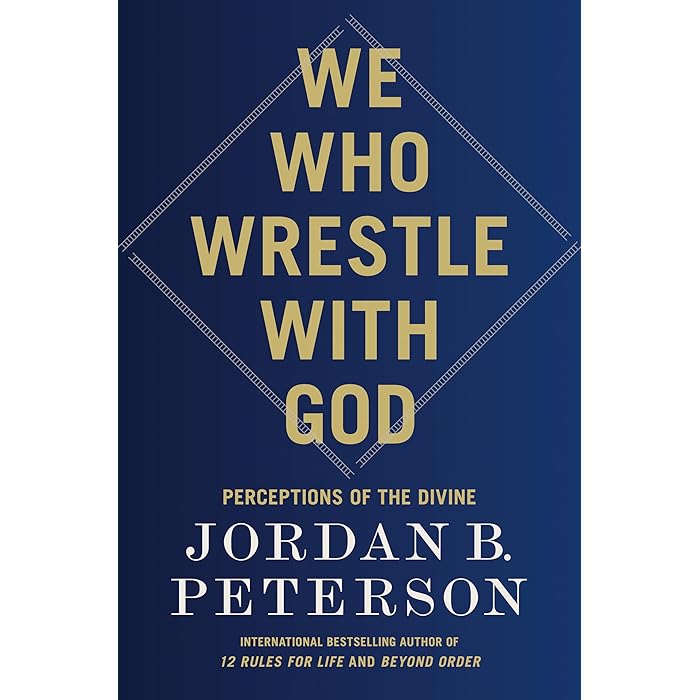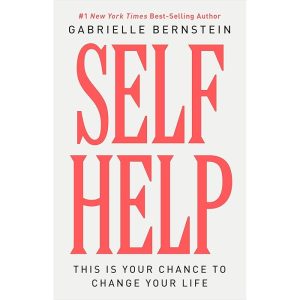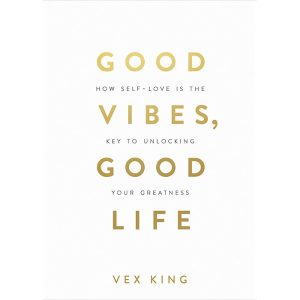Description
*We Who Wrestle with God* is a powerful phrase that evokes both a theological and existential concept. It resonates with a deep, often difficult relationship between human beings and the divine, capturing moments of struggle, questioning, and spiritual transformation. The phrase itself recalls the biblical story of Jacob wrestling with God, a pivotal moment in the Hebrew Bible that is rich in symbolism.
### Biblical Reference: Jacob’s Struggle
The phrase most directly alludes to the story in **Genesis 32:24-30**, in which the patriarch Jacob wrestles with a mysterious figure—often interpreted as an angel or God himself—throughout the night. This wrestling match is an intense and transformative experience, both physical and spiritual. At the end of the struggle, Jacob is blessed and given a new name, **Israel**, meaning “one who struggles with God.” This marks a significant turning point in his life and faith.
Jacob’s wrestling is a metaphor for the human experience of grappling with faith, doubt, and divine will. It speaks to the complexity of living with unresolved questions, difficulties, and the sometimes overwhelming nature of spirituality. Through the struggle, however, comes a blessing—a deeper understanding of oneself, one’s faith, and one’s relationship with the divine.
### Theological and Philosophical Implications
The phrase “We Who Wrestle with God” can speak to many aspects of religious life and experience:
1. **Faith and Doubt**: Struggling with God can be seen as a symbol of the tension between belief and uncertainty. Many believers wrestle with doubts, especially in times of personal crisis or when confronted with suffering. The phrase may suggest that wrestling with God is not only acceptable but necessary for spiritual growth.
2. **Transformation Through Struggle**: Just as Jacob was transformed through his wrestling, the idea suggests that the process of struggling with God or with life’s challenges leads to a deeper transformation. Spiritual maturity is often forged through adversity, and the struggle itself may lead to a deeper understanding of God’s presence and purpose in our lives.
3. **Human Agency and Divine Sovereignty**: The wrestling can also symbolize the tension between human agency and divine control. While God is seen as all-powerful, the act of wrestling suggests a certain agency on the part of the individual. It represents the way humans confront their circumstances and the divine will with both submission and resistance.
4. **Intimacy and Relationship**: Wrestling, though challenging, can also be a form of intimate engagement. It signifies an active, relational engagement with God, rather than passive submission. It’s a reminder that faith is not about easy answers or smooth paths but is rather a dynamic interaction with the divine.
5. **Endurance and Persistence**: Jacob’s ability to endure the struggle through the night symbolizes persistence in faith, even when the way forward seems unclear or difficult. This can be a source of encouragement for anyone facing hardship.
### Broader Symbolism
Beyond religious or scriptural contexts, the phrase could be a metaphor for the human condition itself. It represents the inner turmoil many people experience as they seek meaning, purpose, and understanding in a world filled with uncertainties, contradictions, and suffering. The “wrestling” might not only be with God but also with one’s own conscience, with the complexities of morality, justice, and the larger questions of life.
### Literary and Cultural Usage
The phrase “We Who Wrestle with God” could also appear in works of literature, poetry, or modern discourse, as a way of capturing the universal human experience of struggle, doubt, and hope. Writers, philosophers, and theologians have explored this idea through various lenses:
– **In literature**, characters who grapple with their faith or identity often embody the wrestling motif. Think of works like *Moby-Dick*, where Ishmael’s journey is both literal and spiritual.
– **In modern theology**, thinkers like **Abraham Joshua Heschel** have explored the theme of wrestling with God as a central element of Jewish thought, emphasizing the dynamic, relational aspect of faith.





Reviews
There are no reviews yet.